I believe developing your naturalist intelligence is key to wellbeing, creativity, confidence and independence. The ability to observe patterns in nature is a core driver of the capacity to engage all parts of the brain and live a more successful life both in the wild and in your working environment.
Improving your naturalist intelligence provides valuable, transferable life skills that are needed for humans and the planet to thrive in the future. Research shows that naturalist intelligence is intimately related to empathy, creativity, problem solving, as well as being essential to reducing the intense levels of stress that prevent most people from reaching their full potential.
There are several types of intelligence: verbal/linguistic, mathematical/logical, spatial, musical, kinesthetic, interpersonal, and intrapersonal, all which I am sure you are familiar with.
Did you know there is another type of intelligence – Naturalist intelligence?
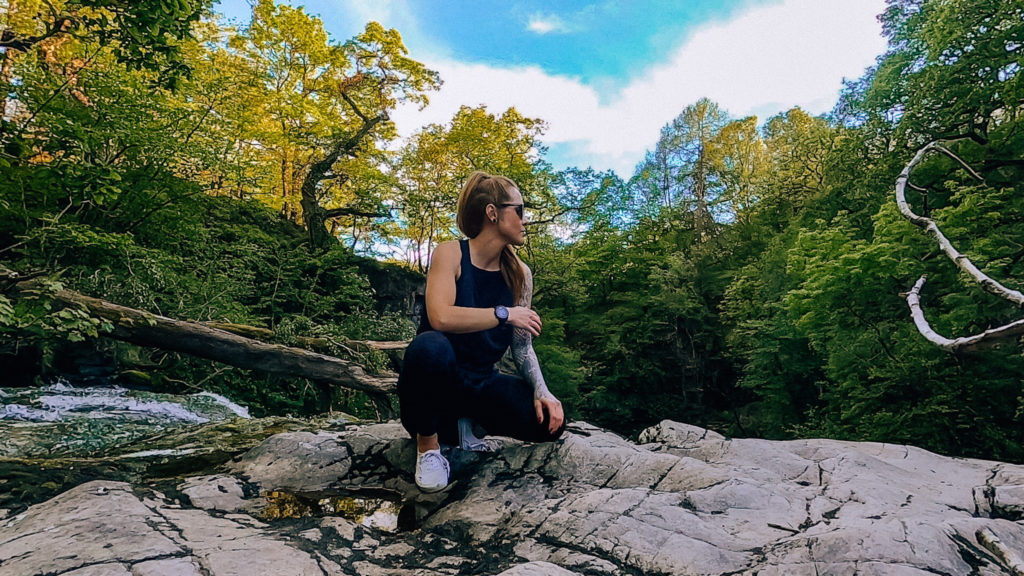
Think for a moment about the last time you spent quality time outside – what was your experience?
- What were you doing? Were you still or active?
- Did you find it easy or difficult to just ‘be’ in nature? Watching, listening, feeling? Or does your mind wander to your to-do list whilst your fidgety hands pick up your phone to start messaging or scrolling?
- What could you tell me about the patterns in plants, birds, trees & animals you encountered?
- If I asked you to recall what you heard, saw & observed about your natural surroundings, how much could you recall?
From the moment we are born we are learning and developing our intelligence through observations, feeling, sounds, smells and hearing. Sensory Awareness. Our intelligence develops with the insatiable curiosity that children have.
Do you remember the world around you being a magical wondrous place to explore mentally and physically?
Children love being outside in nature, playing, watching, feeling the sand in their hands, the mud squelched between the toes of their bare feet. Children are free to explore, to ask questions, to play …UNTIL…adults tell us ‘No’.
Sometimes the ‘No’ is for the benefit of the child, to protect them from harm – like not getting sick from eating a poisonous mushroom but too often the ‘No’ is for the benefit and ease of adults.
Adults set boundaries and rules for play and learning, not just at home but in school. Schools prime children’s learning in a way that will benefit the economy and in turn the adolescent fitting within that economy.
Our curiosity and learning is then guided and retrained. Intelligence is nurtured towards material success rather than overall well being and sense of self in relation to the nature and world around us.
What is naturalist intelligence?
Until only a few months ago this type of intelligence was not on my radar. As someone who loves nature and spends a great deal of time out in nature, I have become more aware over the last couple of years how little I know about the trees, the plants, animals, clouds, the weather systems. I have felt like an outsider in the natural world through lack of knowledge.
My curiosity to learn about nature has transformed my life more than I ever imagined.
- Knowledge about nature
- Knowledge and understanding of myself
- Beautiful insights from patterns and tell tale observations.
- Patience
- Ability to enjoy the small beautiful moments which has increased my overall sense of enjoyment.
- A sense of belonging
- Appreciation of my mental and physical strength as opposed to the aesthetics of body composition.
- Greater sense of self.
- Creative ideas
- Purpose, fulfilment and MORE FUN EVERYDAY
- Reduced stress levels
According to researcher Howard Gardner, naturalistic intelligence is the ability to identify, classify and manipulate elements of the environment, objects, animals or plants.
This type of Intelligence has to do with being in tune with nature and one’s natural environment.
It is the ability to identify and classify patterns in the natural environment. Individuals with naturalist intelligence have a sensitivity to and appreciation for nature.
Naturalists are inspired and rejuvenated by nature.
Like other intelligences or strengths, naturalistic intelligence is not fixed, it can grow and develop throughout a lifetime.
“I want my children to understand the world, but not just because the world is fascinating and the human mind is curious. I want them to understand it so that they will be positioned to make it a better place” ― Howard Gardner
For a vast majority of adults in the western world, who, like me have not worked in a nature based job role it may seem like a big jump to understand the insights and lessons that nature offers daily. Let me give you a little dose of encouragement……
There’s a great deal of evidence that much of human language and other types of intelligence actually developed from perceptions of nature.
If you think about it….it makes a lot of sense!
Before humans were accountants, lawyers or teachers we were drawing animal tracks & maps of nature on cave walls. So we could say that every adult and child has an imprint of naturalist skills in their DNA. Pretty cool huh? We just need to awaken and develop these skills!
So how do we improve our Naturalist Intelligence?
1. Develop naturalist routines.
Creating a new naturalist routine doesn’t need to consist of a wild elaborate adventure every day. It’s creating a routine that you CAN DO everyday around your current schedule.
In modern day we crave new stimulating information. In nature no two days are ever exactly the same but to see and really experience this it is suggested to visit the same spot daily. This favourite place of yours in nature we will call your ‘Sit Spot.’ or Daily observation spot but Sit Spot has more or a ring to it don’t you think?
You can practice this whether you live in the city or the countryside.
At your sit spot, take a few moments to relax and tune into the environment around you.
Start by getting curious:
- What can I see, hear, sense?
- Can I spot any birds or animals?
- How many different trees species are there?
- How old are the trees?
- What will the trees look like in 6 months from now?
- How will the area look different in Summer and Winter?
Then, think about what topic fascinates you the most:
- The trees
- The birds
- The clouds
- Tracking wildlife
Pick one topic that intrigues you the most and start your learning there.
- Google research – articles
- Documentaries
- Books
- Podcasts
- Your own observations
- Painting/ drawing/ writing
2. Practice Real life observations
“Nature is not a place to visit. It is home.”― Gary Snyder
We often go out amongst nature for a purpose – recreation. To play sports, to walk, hike, run, camp. We are a culture obsessed with ‘doing’. Practicing real life observations is about ‘being’.
So instead of just walking through nature, try walking amongst wildlife and observing nature. Take off your headphones, slow down and keep your phone in your pocket or backpack!
Look, listen, observe and ask questions.
Can you follow where a bird goes? Where does it feed? How does a flock of birds fly in unison without ever bumping into one another? How do they communicate with each other?
There is a whole world of adventure out there waiting for you to discover. Each new observation is stimulation for the naturalist mind.
The morning hours around sunrise are my favourite time to observe nature, I have recorded some of my insights here What has solo sunrise walks taught me.
3. Keep a nature Journal
Write down your observations. Putting pen to paper helps you remember sensory observations. I have found that noting down observations also helps you to see patterns and small changes that I may have missed or forgotten if I hadn’t recorded it.
Journaling is a great process for helping you understand your emotions and feelings in relation to the world around you, so if you feel inclined to elaborate on your observations in relation to understanding yourself then just keep writing.
In Jan 2021, I was going through a pretty tough time mentally, I was facing the biggest financial test to date because of the way I chose to do my business taxes and therefore didn’t qualify for any financial help during the last 18 months.
After two weeks of solid phone calls I had exhausted all possible options. I was a teary mess so turned to nature and had the biggest mental transformation and shift thanks to observing the droplets of water in the sea. Lockdown Day 3 writing on How can you relate to the water. What can we learn about ourselves?
4. Keep a broad outlook and learning interest
Following what you are passionate about is a great start but only focusing on one element of nature can lead to narrow thinking and dead end observations. Nature interacts and influences multiple things.
Let’s say you are a little bit obsessed with trees. (that’s me right now!) You are learning the different species, leaves, energy systems and how badass their roots are at communicating….the wood wide web!! It important to recognise that you can only get so far learning about the trees before you need to understand the soil, the birds and the weather to see how these influence the trees behaviour.
So keeping an open mind and broad outlook will increase your awareness of how the different topics of nature intersect and influence each other.
Everything is connected!
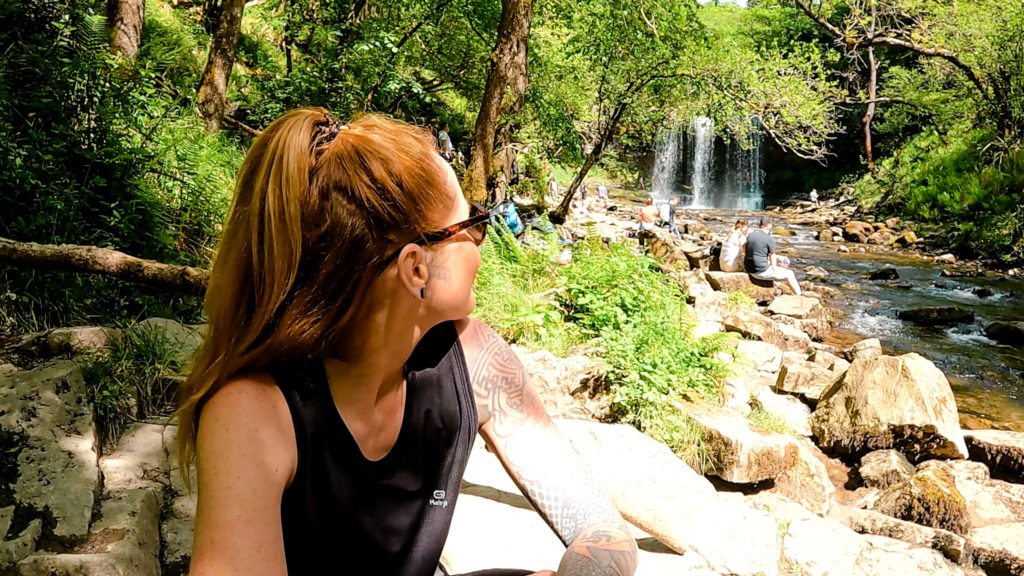
5. Slow down and flow with nature
“Adopt the pace of nature: Her secret is patience.”―Ralph Waldo Emerson
Observing nature is both a science and art. I have always looked at nature with a philosophical type of artistic awareness but to understand and develop my thoughts and creativity I have to understand the science.
The real magic is found at the intersection between science and creativity, flashes of insight, or ideas that seem to come “out of the blue”. These are profound aha moments that keep me going along the naturalist journey.
Nature has been a source of inspiration for many of the world’s greatest geniuses, philosophers, inventors and artists.
- Van Gogh – painted outside rather than confined to a four walled studio like all of his contemporaries.
- Henry David Thoreau – Spent time in the woods at walden pond, writing about his observations in relation to nature and society.
- Velcro – Inspired by the Burdock plant
- Eji Nakatsu, One of the engineers The Shinkansen bullet train, took inspiration from a Kingfisher’s beak to solve the noise problem of the first bullet train. The new shape increased energy efficiency and permitted faster speeds.
Here are a few suggestions I have picked up for accessing the beautiful space between science and presence.
- Get clear on your INTENTIONS – What would you like to get from your time outside? What are you curious about? What are you excited to do?
- Then LET GO of your agenda and allow yourself to experience the forest, mountains, lake, sea without expectations or time schedules.
- Slow down, relax your body and mind.
- Stay connected to your senses. If you get lost in your imagination – bring yourself back to the now!
- Take time to sit quietly and observe, or slowly wander without any particular destination
- Journal when you get home. (or take couple of notes to remind you) Record what you observed and ask yourself good questions to draw out further insight and reflection.
6. Developing your naturalist intelligence is life long learning rather than a tick box exercise before hastily moving onto the next thing.
Our shortening attention span and human pace of life is alien amongst nature. To observe the subtleties in the natural world means to slow down and really take things in. Consistently tuning in will allow a deeper, more vibrant experience of Being. Both broadening your understanding and awareness in nature and how you relate to nature and it relates to you.
Earth is a living organism; breathing, growing, shifting. A naturalist adopts the pace of nature. If we observe nature in society’s time frames we will blindly miss the miracles happening every moment.
Life will pass by in a split second.
- Slow down
- Be open to change
- Awaken your senses of hearing, seeing, feeling, smelling, sensing. Heightened sensory awareness increases creativity, empathy and the ability to solve problems.
- Awakening your senses will dial up the magic of living in every moment.
A selection of books I am reading or have read and recommend.
World of Books –
Tom Brown’s FieldGuide to Nature Observation and Tracking
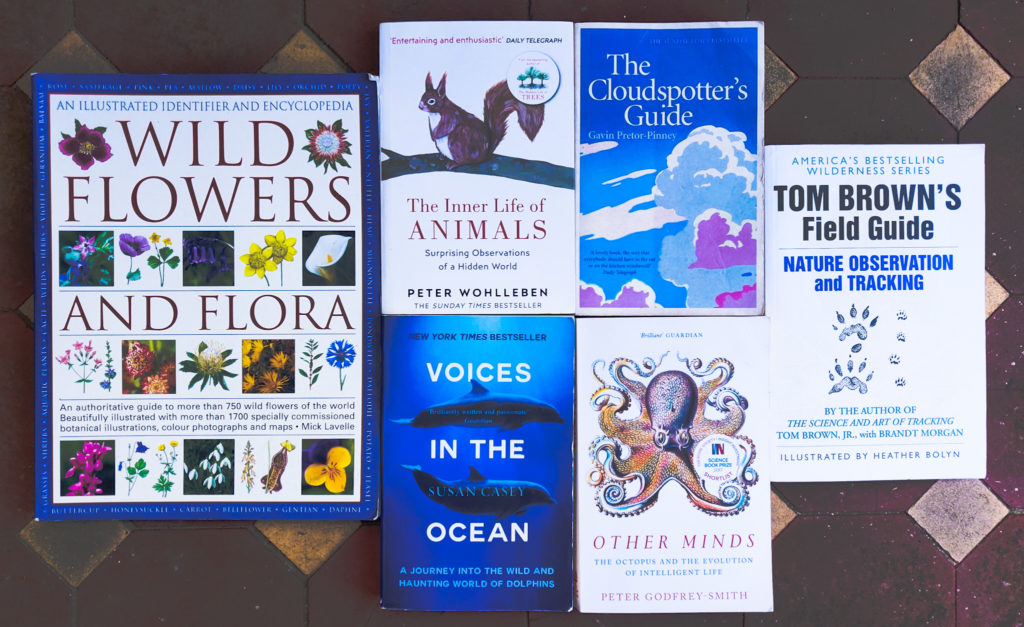
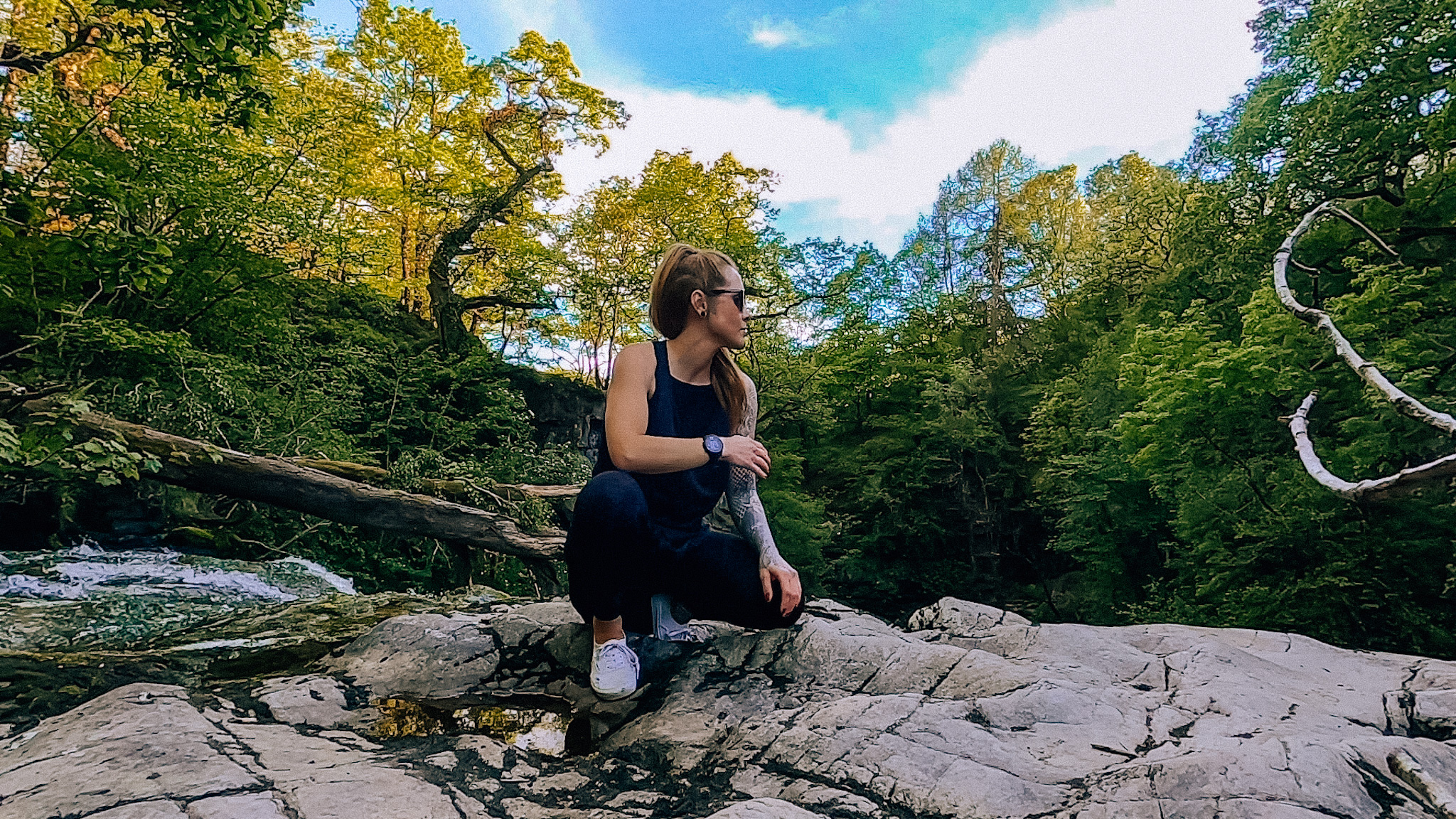
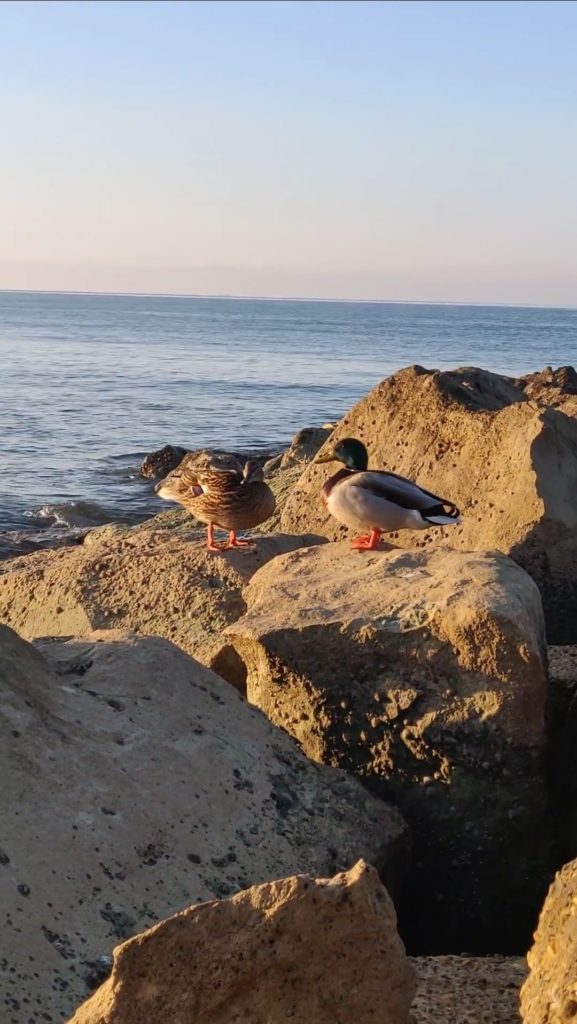
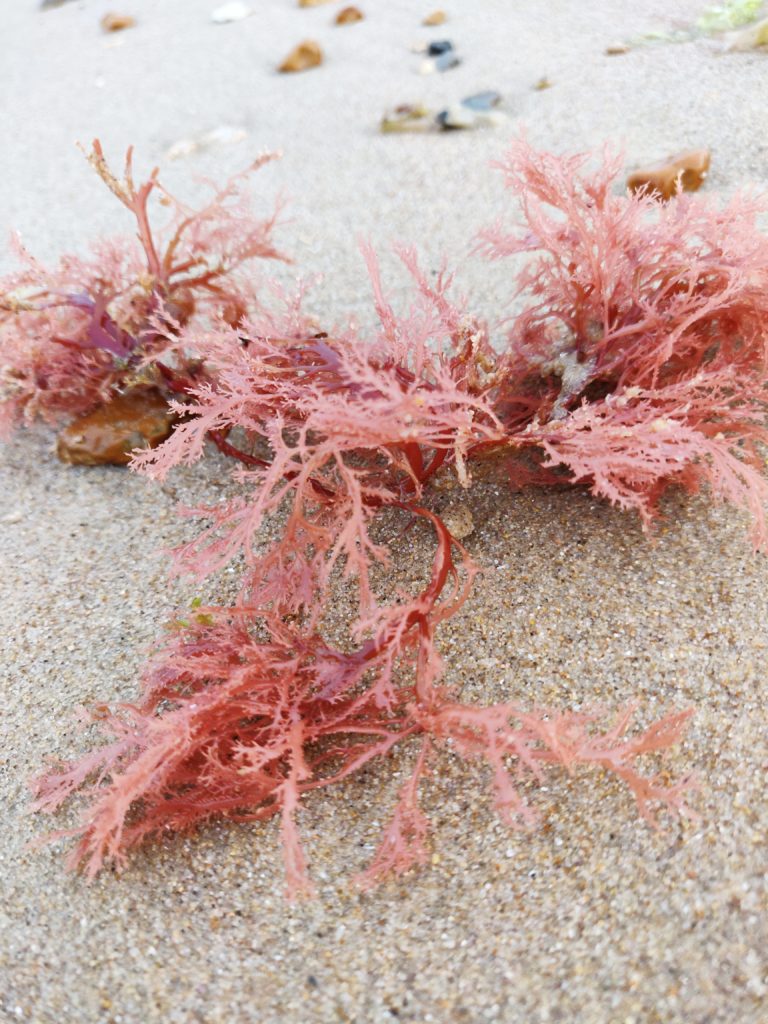
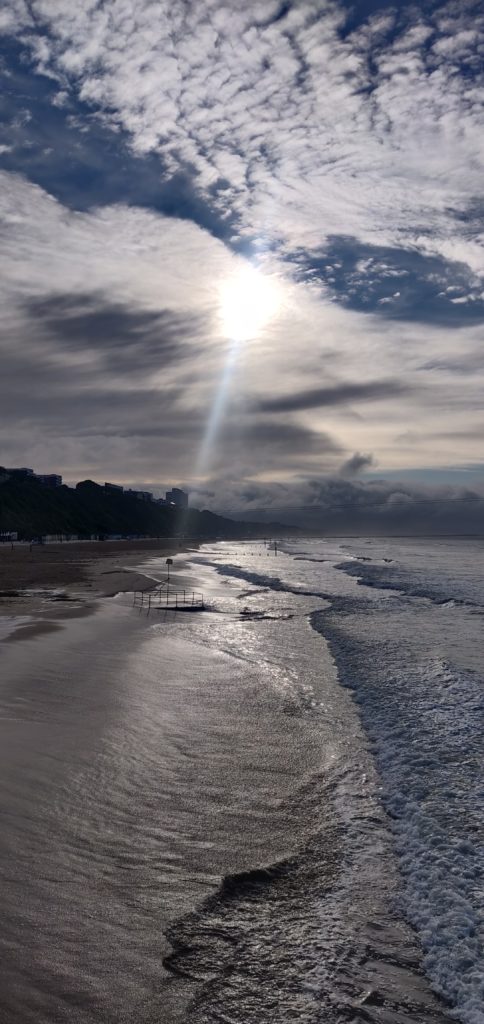
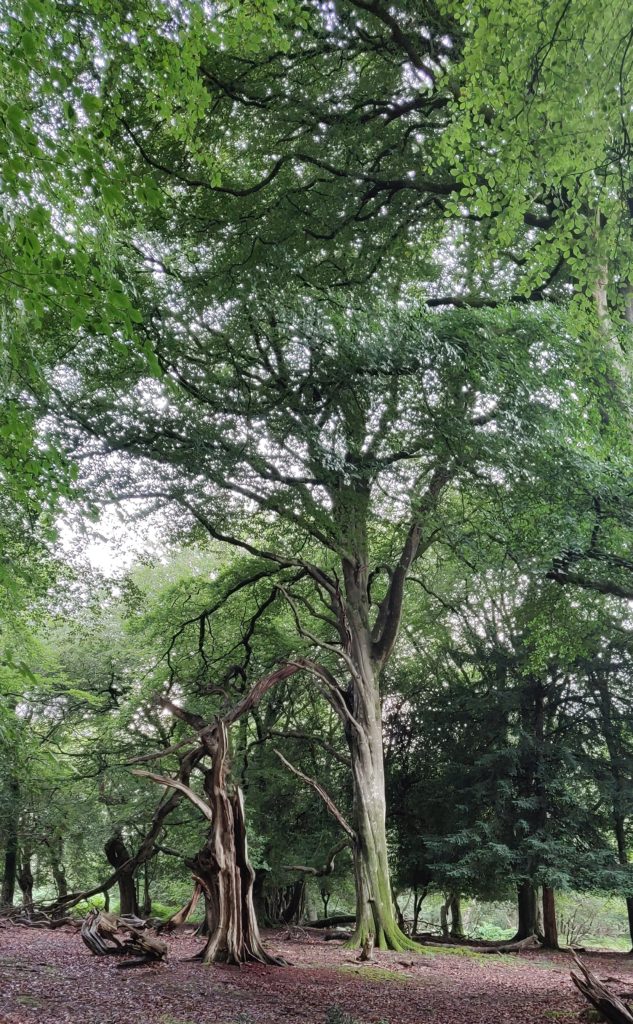
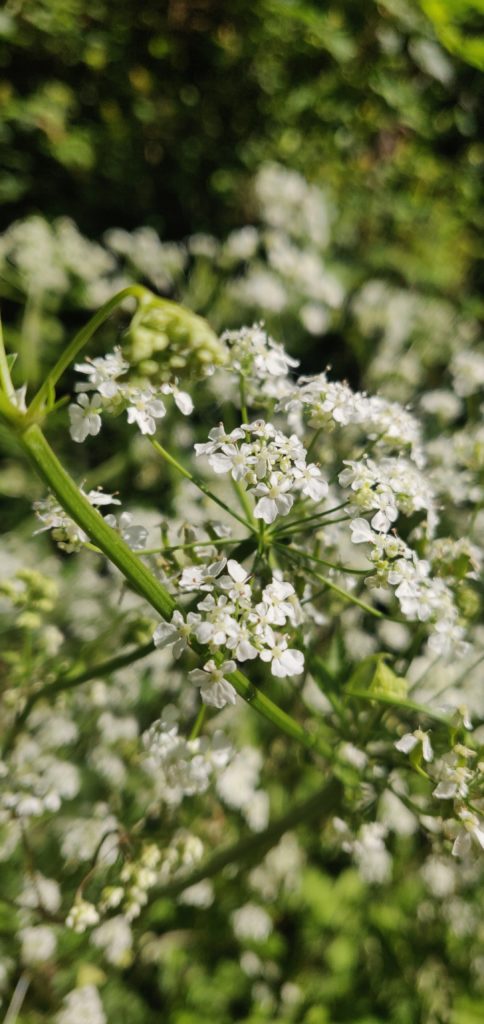
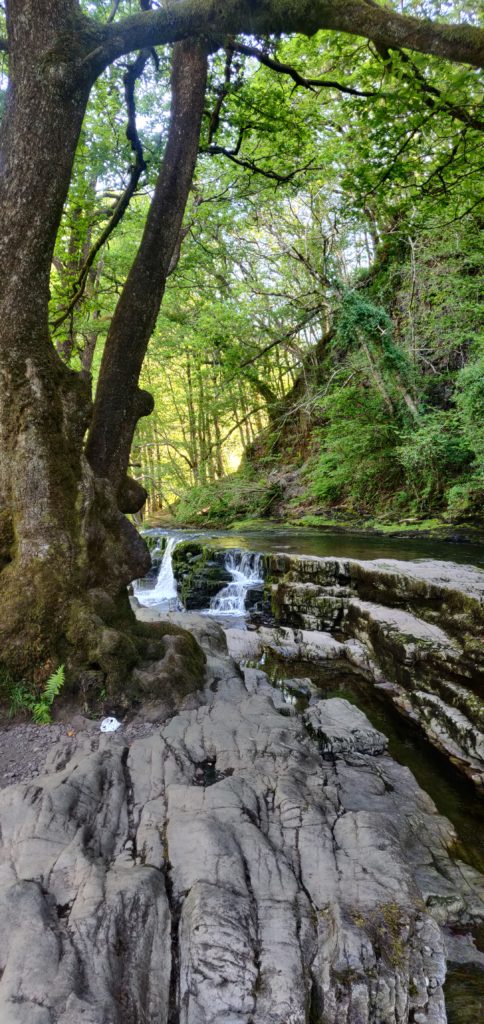
you said :